USA
Burundi is urging the United Nations to officially recognize the mass killings of Hutus in 1972–1973 as a genocide, over five decades after the violence claimed tens of thousands of lives.
Speaking at a press briefing on Tuesday, Pierre Claver Ndayicariye, President of Burundi’s Truth and Reconciliation Commission, said it was time for the international community to acknowledge what happened.
“This genocide deserves to be recognized at the international level. It deserves recognition because fifty years — and more — is too long,” Ndayicariye said. “We affirm that the facts established by the Commission, the testimonies gathered, and the archives already collected are sufficient.”
He added that Burundi is now calling for the matter to be brought before the United Nations Security Council.
The 1972 killings, often overshadowed by other regional crises, remain a sensitive and unresolved chapter in Burundi’s history. The Truth and Reconciliation Commission has been investigating these events for years, exhuming mass graves and compiling evidence of targeted violence against the Hutu population.
Ndayicariye emphasized that recognition would not only offer healing to victims and survivors but would also contribute to peace and stability in the Great Lakes region.
“This will also be a way for healing victims in Burundi and an important input to stabilize the region of the Great Lakes,” he said.
Burundi’s call adds to broader efforts in the region to reckon with past atrocities and seek international acknowledgment for historical injustices.




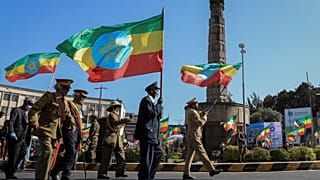
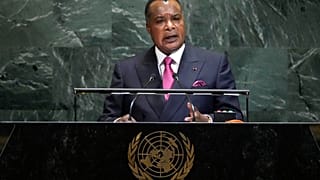
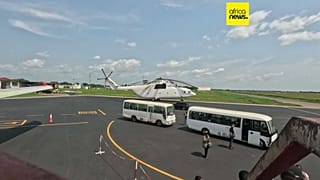
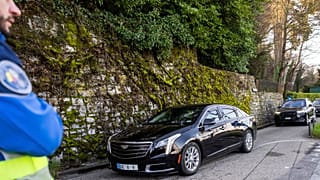
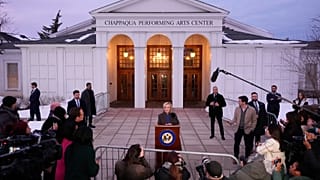
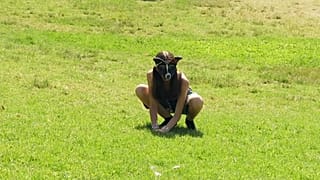
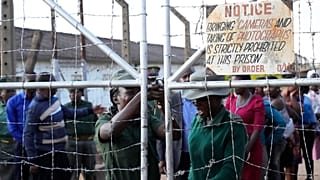
02:05
Burundi: Scores of Burundians repatriated from Tanzania
01:15
UN Security Council sanctions RSF commanders for atrocities in Darfur
01:55
Trade and hope return to Uvira after DRC-Burundi border reopens
01:04
Key DRC-Burundi border reopens after two-month closure
Go to video
UN probe finds evidence of genocide in Darfur city of El-Fasher
00:34
Appeal trial of accused Franco-Rwandan genocidaire opens in Paris